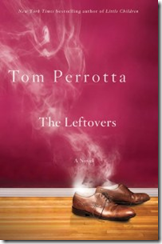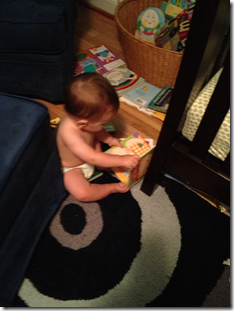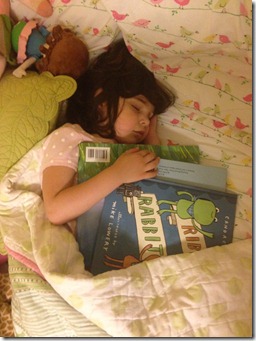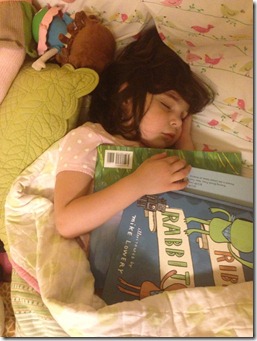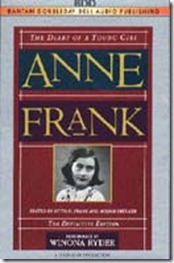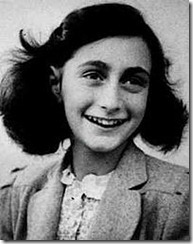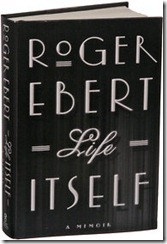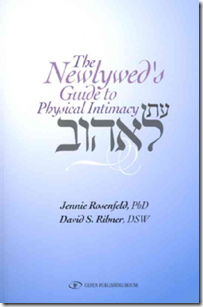I am often asked where I get the inspiration and ideas for my stories, especially considering that I’m fortunate enough to have so many ideas from which to choose.
A few years ago I wrote a post explaining my process. Since I continue to be asked this question almost more than any other, I thought I’d update that post here. I’ve completed two more books and a short story since then, so I have more to share on the subject.
It’s rally the kind of question that is impossible to answer with a single sentence, because I never know when I might stumble upon an idea that could make a great book. I tend to be the kind of person who asks a lot of “What if?” questions, and through these questions, many of my ideas are born.
But since that is a relatively meaningless answer, I thought I’d give you some specific examples of how some of my stories were born.
SOMETHING MISSING: Over dinner several years ago, a friend bemoaned the loss of one of her earrings. She opened her jewelry box and could only find one of the two earrings that made up the pair.
In an attempt to make her smile, I asked, “What if someone broke into your house and stole your earring but left the other one behind so you wouldn’t suspect theft?” As I gnawed on a dinner roll, I found myself trying to imagine the kind of person who would break into every home in America and steal just one earring from every woman’s jewelry box.
Although I didn’t know it at the time, that was the moment that Martin Railsback and his story were born.
UNEXPECTEDLY, MILO: For a long time, I wanted to be a film director. At one point I had the idea for a movie in which three less-than-savory characters steal a video camera from a family on vacation in New York City. After watching the videotapes in the privacy of their cockroach-infested apartment, the trio realizes that the memories captured on the videotape mean more to the family than they could have ever imagined, and they decide to return the tapes to their owners. They watch the footage in order to glean clues as to the owner’s identity, and in doing so, they become uncommonly attached to the family as a result. This idea served as the basis for UNEXPECTEDLY, MILO.
However, I also dipped into my own life for major pieces of the plot, including:
The separation and divorce from my first wife in 2003.
The two months spent in fourth grade helping a friend plan his escape to an uncle’s house in the Midwest. Chris wanted to run away from home, something he had done before, and though he never made the journey that we planned in the back of the classroom, I often wondered what might’ve happened if Chris had run away from home and had disappeared in the process. How would I have felt knowing that I had a hand in my friend’s disappearance, and how might that have impacted the rest of my life?
This became a major plot point in the story.
CHICKEN SHACK (an unpublished manuscript): There was once a potato chip factory in my hometown of Blackstone, Massachusetts that produced a brand of potato chips called Blackstone Potato Chips. The factory closed years ago, and on a trip back to Blackstone, I noted that the factory was now a funeral home. “Wouldn’t it be great if they still sold potato chips and embalmed dead people at the same time?” I said to my wife as we drove by. A moment later, the idea of a funeral home that also sells fried chicken landed in my mind and CHICKEN SHACK was born.
Once again, I dipped into my own personal life for other key elements to the story, including:
The disappearance of my brother, Jeremy, who I had not seen for more than five years after my mother died.
A public, and in the words of many attorneys and law enforcement officers, unprecedented attack on my character and reputation by an anonymous source several years ago.
My occasional forays into amusing and ultimately meaningless forms of vigilante justice, mostly as a teenager but occasionally as an adult.
MEMOIRS OF AN IMAGINARY FRIEND: This book began with a simple conversation with my student-teacher about an imaginary friend that I had as a child. In the span of about four sentences, the idea for Budo and his story was born.
I also managed to take advantage of my experience with autistic children when writing my book, and on an unconscious level, my constant, persistent existential crisis became a key element in the story as well.
THE PERFECT COMEBACK OF CAROLINE JACOBS: My next book began with a conversation that my wife and I had in bed one night. We were talking about her childhood home, and she told me about something cruel that a friend had said to her during a sleepover.
“Wouldn’t it be great if you could find that girl today and finally tell her off?” I asked.
Just like that, the book was born.
My next book is the story of a woman who suffered at the hands of a bully in high school, and much later in life, decides to finally do something about it. I used some of the bullying and hazing that I experienced in high school as inspiration, but most of the story was born from that simple question asked to my wife while lying in bed one night.
BETTY BOOP: The idea for this manuscript, which I am still tinkering with on the side, was born after reading about a 2009 law outlawing prostitution in the state of Rhode Island. Prostitution was actually legal in Rhode Island between 1980 and 2009 because there was no specific statute to define the act and outlaw it, although associated activities, such as street solicitation, running a brothel, and pimping, were still illegal. With the passing of the 2009 law banning prostitution, I found myself wondering what a prostitute in Rhode Island might do now that his or her previously legal means of earning a living were suddenly forbidden. I came up with an solution for my theoretical prostitute, and that is the basis for this book.
Farewell to Arms: I recently wrote a short story that is currently under submission to several literary journals. It is an uncharacteristically dark story of an armless soccer team.
It was written on a dare.
Someone at work commented that soccer is so popular around the world because you don't need anything to play. Even a crumbled-up bit of newspaper can serve as a ball.
"You don't even need arms," I said. "That would be a story. Huh? A soccer team with no arms."
"Even you couldn't write that story," my friend said.
I took up the challenge and wrote the story in three days.
The friends who have read the story like it a lot. I’m waiting to see if the literary magazines agree.
